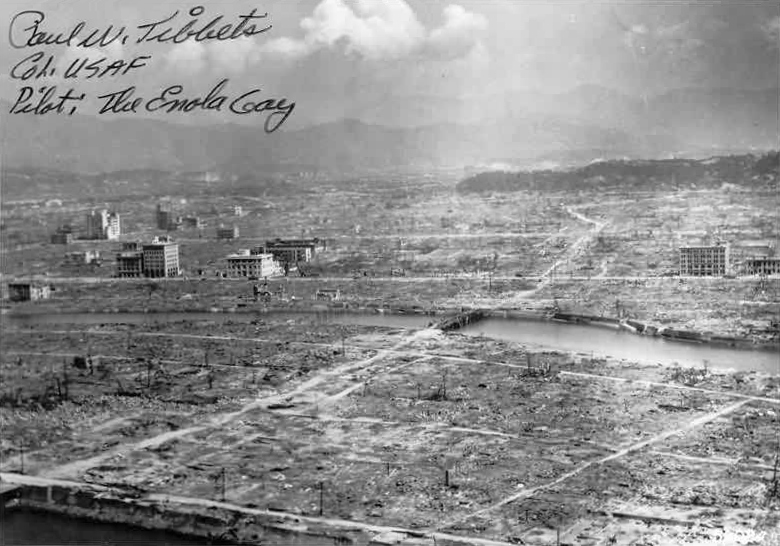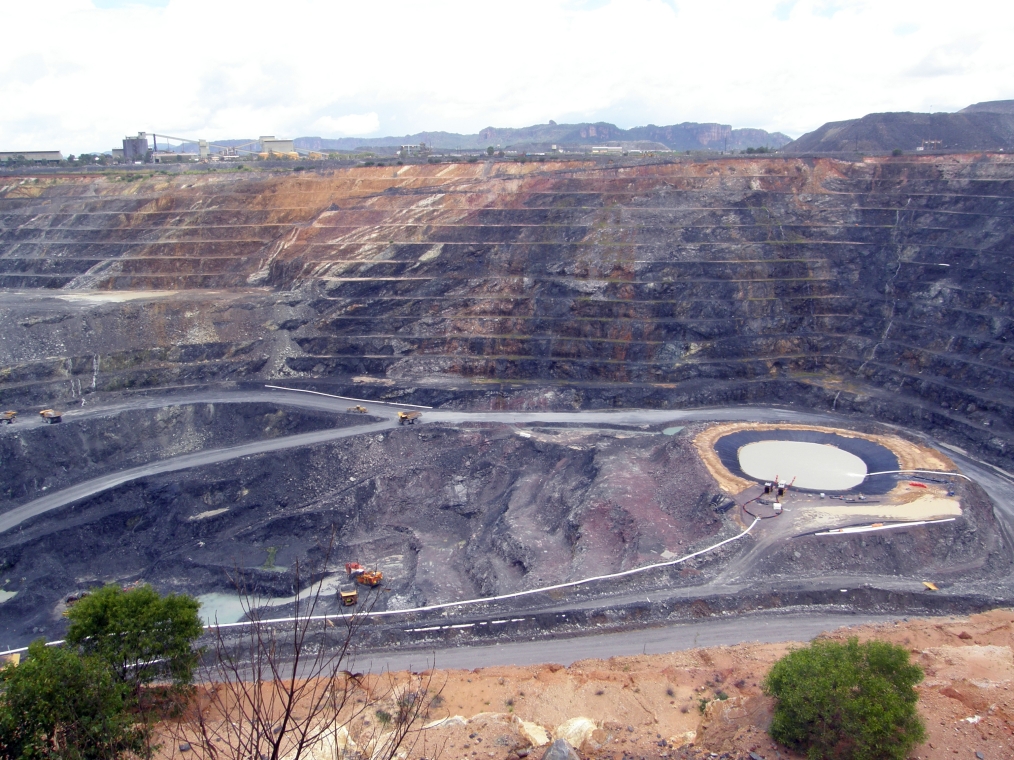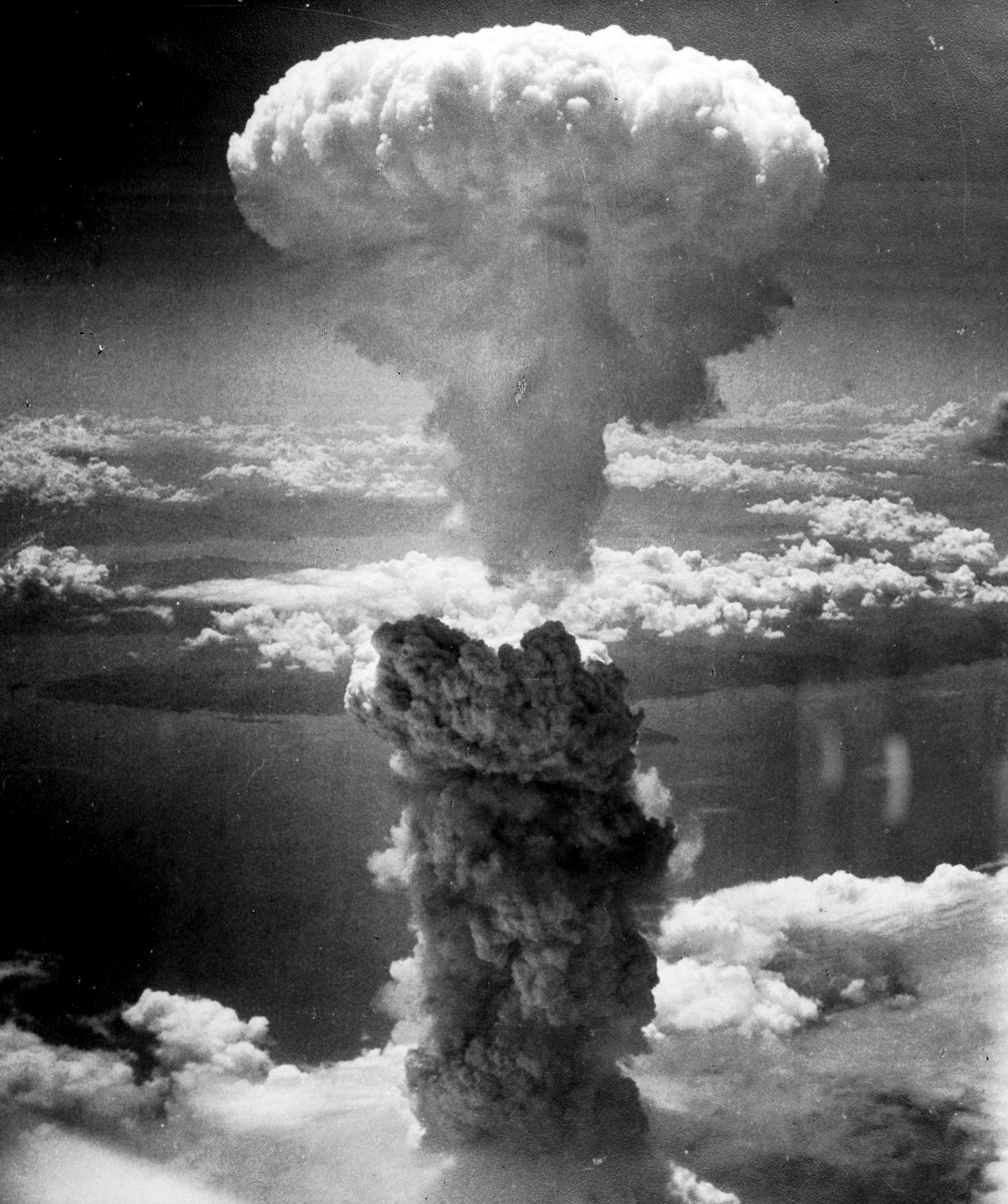|
Nuclear Debate (other)
Nuclear debate can refer to: * Nuclear power debate *Nuclear weapons debate *Uranium mining debate *Debate over the atomic bombings of Hiroshima and Nagasaki Substantial debate exists over the ethical, legal, and military aspects of the atomic bombings of Hiroshima and Nagasaki on 6 August and 9 August 1945 at the close of World War II (1939–45). On 26 July 1945, United States President Harry S. ... * Nuclear Debate (foaled 1995), a recohorse {{disambiguation ... [...More Info...] [...Related Items...] OR: [Wikipedia] [Google] [Baidu] |
Nuclear Power Debate
The nuclear power debate is a long-running controversy about the risks and benefits of using nuclear reactors to generate electricity for civilian purposes. The debate about nuclear power peaked during the 1970s and 1980s, as more and more reactors were built and came online, and "reached an intensity unprecedented in the history of technology controversies" in some countries. Thereafter, the nuclear industry created jobs, focused on safety, and public concerns mostly waned. In the 2010s, with growing public awareness about climate change and the critical role that carbon dioxide and methane emissions plays in causing the heating of the earth's atmosphere, there was a resurgence in the intensity of the nuclear power debate. Nuclear power advocates point to nuclear power's reliable, emission-free, high-density energy, alongside a generation of young physicists and engineers working to bring a new generation of nuclear technology into existence to replace fossil fuels. On the ot ... [...More Info...] [...Related Items...] OR: [Wikipedia] [Google] [Baidu] |
Nuclear Weapons Debate
The nuclear weapons debate refers to the controversies surrounding the threat, use and stockpiling of nuclear weapons. Even before the first nuclear weapons had been developed, scientists involved with the Manhattan Project were divided over the use of the weapon. The only time nuclear weapons have been used in warfare was during the final stages of World War II when USAAF B-29 Superfortress bombers dropped atomic bombs on the Japanese cities of Hiroshima and Nagasaki in early August 1945. The role of the bombings in Japan's surrender and the U.S.'s ethical justification for them have been the subject of scholarly and popular debate for decades. Nuclear disarmament refers both to the act of reducing or eliminating nuclear weapons and to the end state of a nuclear-free world. Proponents of disarmament typically condemn a priori the threat or use of nuclear weapons as immoral and argue that only total disarmament can eliminate the possibility of nuclear war. Critics of nuclear disa ... [...More Info...] [...Related Items...] OR: [Wikipedia] [Google] [Baidu] |
Uranium Mining Debate
The uranium mining debate covers the political and environmental controversies of uranium mining for use in either nuclear power or nuclear weapons. Background and public debate As of 2009, in terms of uranium production, Kazakhstan was the largest supplier to export markets (27%), followed by Canada (20%) and Australia (16%). Australia has 23% of the world's uranium ore reserves and the world's largest single uranium deposit, located at the Olympic Dam Mine in South Australia. The years 1976 and 1977 saw uranium mining become a major political issue in Australia, with the Ranger Inquiry (Fox) report opening up a public debate about uranium mining.Bauer, Martin (ed) (1995). ''Resistance to New Technology'', Cambridge University Press, p. 173. The Movement Against Uranium Mining group was formed in 1976, and many protests and demonstrations against uranium mining were held.Drew Hutton and Libby Connors, (1999). ''A History of the Australian Environmental Movement'', Cambrid ... [...More Info...] [...Related Items...] OR: [Wikipedia] [Google] [Baidu] |
Debate Over The Atomic Bombings Of Hiroshima And Nagasaki
Substantial debate exists over the ethical, legal, and military aspects of the atomic bombings of Hiroshima and Nagasaki on 6 August and 9 August 1945 at the close of World War II (1939–45). On 26 July 1945, United States President Harry S. Truman, British Prime Minister Winston Churchill and President of China Chiang Kai-shek issued the Potsdam Declaration, which outlined the terms of surrender for the Empire of Japan as agreed upon at the Potsdam Conference. This ultimatum stated if Japan did not surrender, it would face "prompt and utter destruction". Some debaters focus on the presidential decision-making process, and others on whether or not the bombings were the proximate cause of Japanese surrender. Over the course of time, different arguments have gained and lost support as new evidence has become available and as new studies have been completed. A primary and continuing focus has been on whether the bombing should be categorized as a war crime or as a crime against ... [...More Info...] [...Related Items...] OR: [Wikipedia] [Google] [Baidu] |



